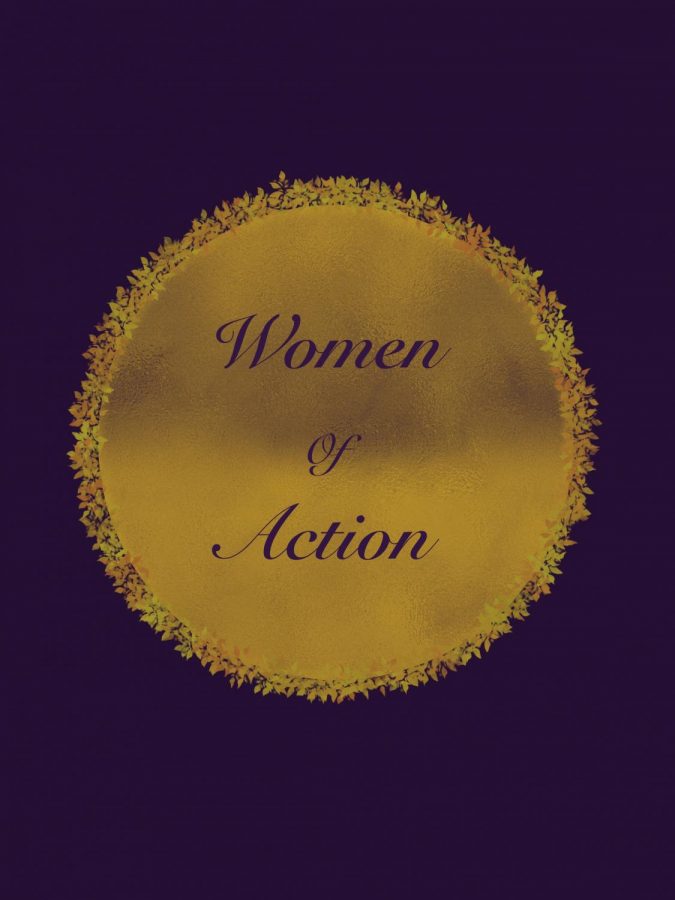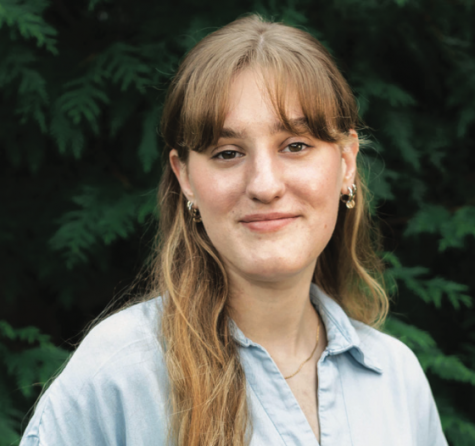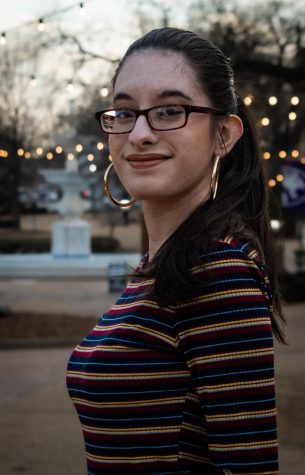Women of Action: Gabriela Snell
Campus Events
September 16, 2021
The Mitchell West Center for Social Inclusion, along with the Center for Community Service and Outreach and the university Women’s Center, held its newest discussion for the Women of Action series this past Wednesday. The series seeks to showcase powerful women, making an impact on their community here in the Shoals.
The September speaker was Gabriela Snell, a recent University of North Alabama graduate who has thrown herself into advocating for inclusive and empowering spaces in her community.
Snell, a black woman who is apart of the LGBTQ+ community, speaks out against racism, homophobia, and other forms of discrimination.
She graduated with a bachelor’s in psychology and sociology and was heavily involved in research while at UNA.
Her research focused on social norms, race, and how those two concepts intersect. She explored these topics further as she presented at the mid-south psychological conference and created a web series that focused on black women in the LGBTQ.
She now serves on multiple non-profit boards, including Equality Shoals and Project Say Something.
During the event, moderators UNA student Lavette Williams and Alison Berkner from the center of social inclusion facilitated the discussion of Snell’s journey to becoming the outspoken activist she is today.
Snell has shown her leadership abilities since high school by starting a program called “Mentors in Action.” The mentorship program took Snell into middle schools to discuss sexual health and facing peer pressure.
Snell also had an early interest in feminism, which manifested itself into performing slam poetry.
After moving into college, first to Birmingham Southern and then to UNA, Snell started to see injustices that moved her into civic engagement.
“I can think of a defining experience that I had first was my freshman year of college,” Snell said. “A major social issue or event happened and all the black students wanted to get together at the fountain to stand in solidarity.”
“I remember other students being so angry that we wanted to stand in solidarity,” Snell said. “It was just a moment of realization [that being a black American] there’s always going to be that type of adversity.”
Questioning how to move forward after that experience started her journey to the activism she is involved in today.
Snell now works with Project Say Something, a Shoal’s-based nonprofit that advocates for black representation and equality, and Equality Shoals, another non-profit that advocates for LGBTQ rights.
Snell says these experiences helped her to believe in her leadership abilities fully.
“I think my experience with Project Say Something has helped shape me into a better leader,” Snell said. “I’m a queer black woman….being able to have different talks about colorism, homophobia, and in this case, racism.”
Snell believes the mark of a good leader is the ability to open doors for people who may not have a place to share their voice.
“Giving the space to other people to share their experiences and have a voice, that’s what’s helped me become a great leader,” Snell said.
Snell also touched on mental health and self care.
“For myself, I always try to remind myself that you can’t pour from an empty cup,” Snell said. “I want to help people, but I have to be able to help myself.”
Snell expressed the importance of finding a balance between work and finding time for yourself.
“It’s taking that moment and taking that step back and being like, ‘Hey, what do you need?,’” Snell said. “Do I need to take a break? What does that look like?”
Since graduating, Snell has faced some challenges in keeping her values intact while navigating a post-graduate life.
“I think one of the biggest challenges and hurdles that I’ve had to deal with is dealing with my mindset of living in a racialized capitalist society,” Snell said.
“Detaching that and understanding that I have value just in existing – that I don’t need to produce anything to be valuable.”
“Another challenge I have faced would be grad school,” Snell said. “I did get into a couple of universities but I wasn’t able to afford to go to those universities – again, the system is hindering who can access what.”
As her advice for women who want to follow in a similar path of advocacy, Snell says “take up space.”
“Exist as loudly and as unapologetically as you can,” Snell said. “You are there for a purpose, your voice is important. And you should always hold on to that.”




